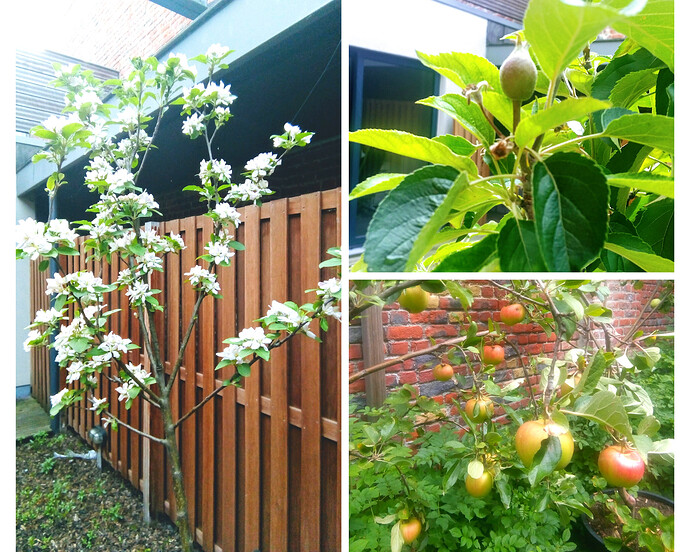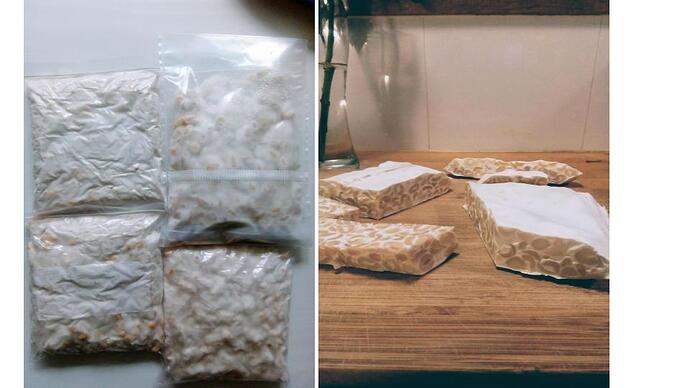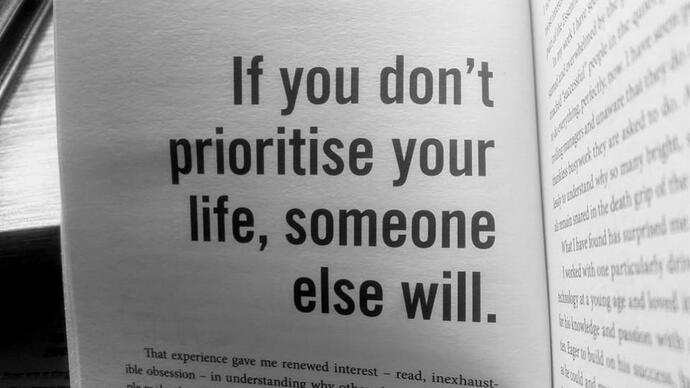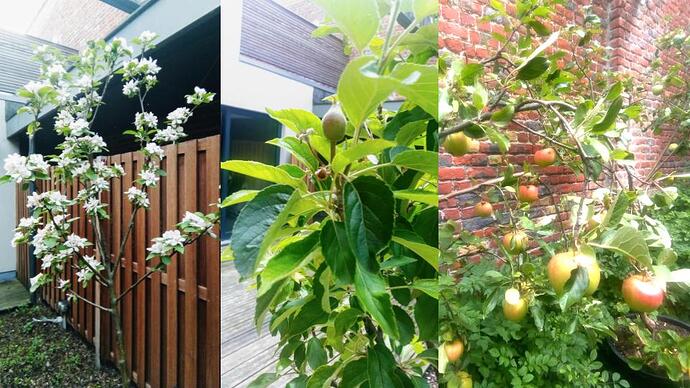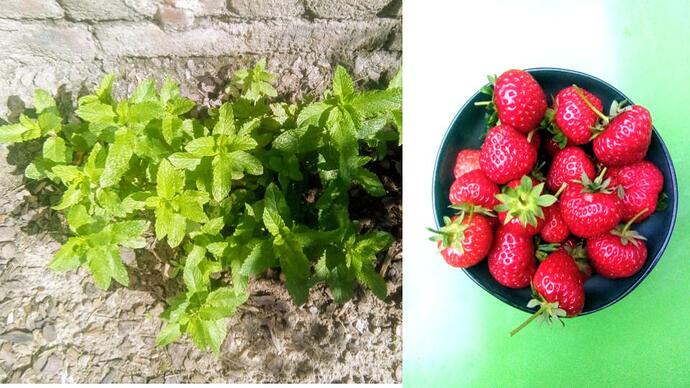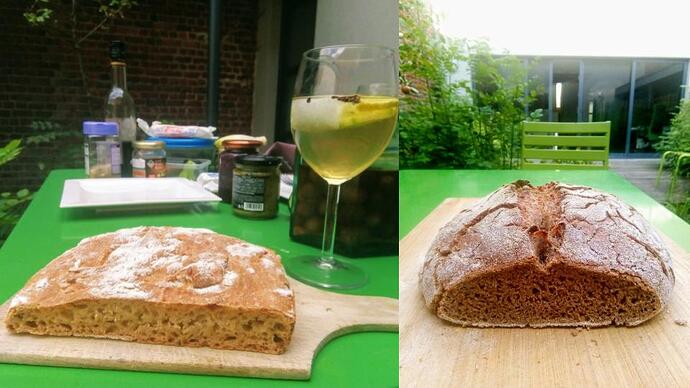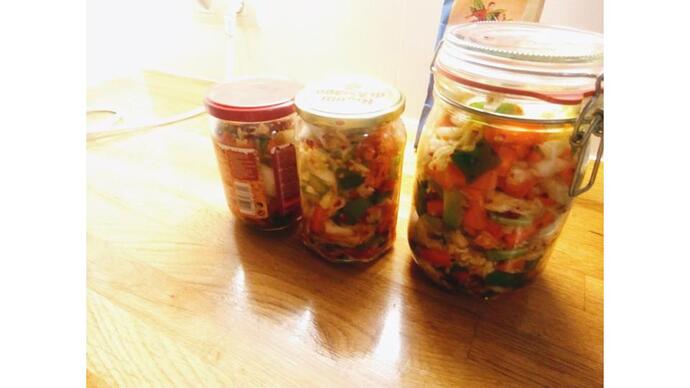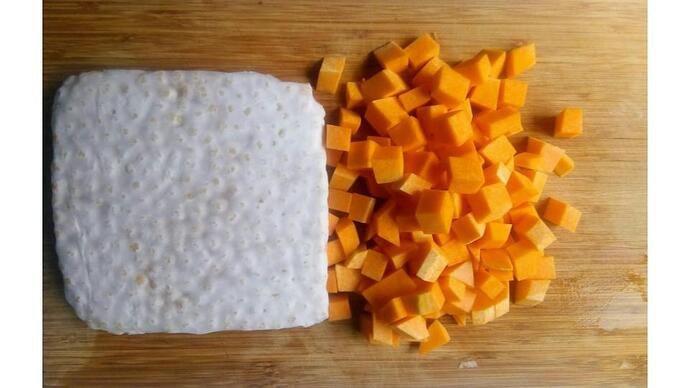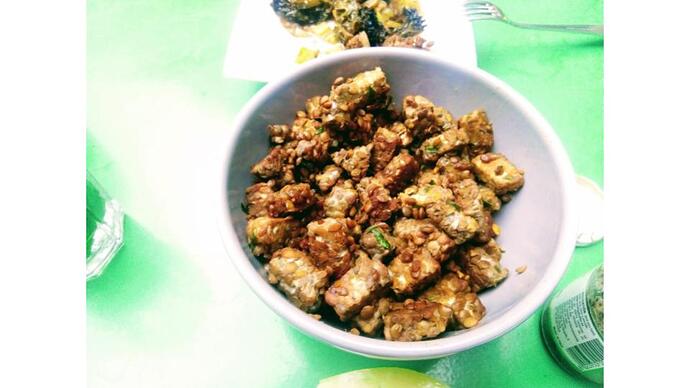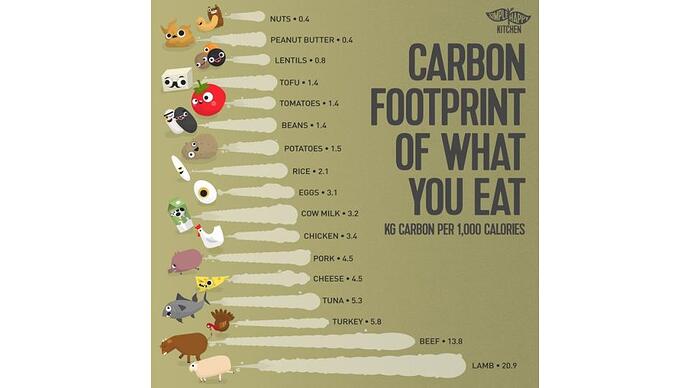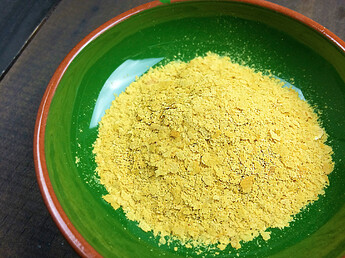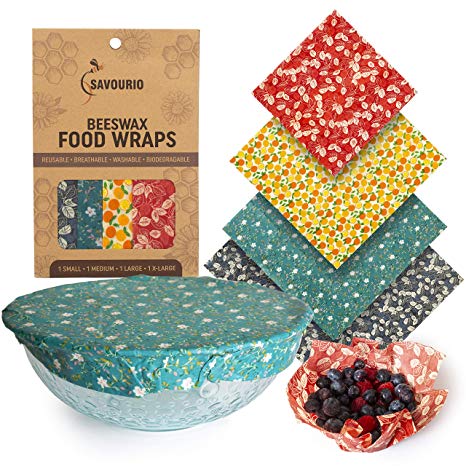The primordial apple tree: in bloom 2017, bore small fruit in 2018, and overcompensated in 2019.
People talk a lot about transition and friction as an opportunity for growth. I spent the last three years in more than one - a personal transition, a spiritual one, and an ecological one. Since I relocated to Brussels and got out of my warm bubble, I have been living communally with 3-4 people at a time, in a shared house in Brussels, with @alberto, @Nadia, more recently @winnieponcelet, and with many from the edgeryders network staying in our guestroom or using the office space (@Alex_levene, @bridget_mckenzie, @natalia_skoczylas, @Johncoate, @matthias, @matteo_uguzzoni). Some of us call this community house The Reef.
When I moved in I was 29, at a point in my life when I was asking myself what is out there, post-careerism and post-ambitions from my 20s. I was also nearing a textbook millenial burnout.
I actively looked for hobbies. I tried meditation and even went on a silent 10 days retreat, but the habit of sitting quietly with myself didn’t quite stick. I began practicing yoga, and to this day I am mentally healthier because of it. I took French classes intensively, volunteered for a film festival, all to keep myself busy. I was taking long walks in the city (min 3km daily), and went on a bunch of hikes with Brussels Hiking Group (night hikes highly recommended!). Cars were definitely out of my life.
I cared about food around the house as much as anyone raised in a modest household would. There, shopping extravaganzas and waste were simply unaffordable.
Back in Cluj, my hometown, @ponyo and I were organising community dinners with wasted food. So while in Brussels, I made sure the household food waste was kept at a minimum, by installing a simple rule of thumb: if you find leftover food in the fridge, just eat it!
Taking the Plastic Free July worldwide challenge was an opportunity to map places where you can buy in bulk in the city - not just food, but also detergents and cosmetics. Even if the bulky products have their own carbon footprint by the time they reach the shop containers, I figured I at least contribute to decreasing the amount of waste after buying. Some of the habits I learned that July stayed on (reusable drinking bottles, travel eating kits etc), but it continues to be a challenge.
I met and befriended @Puja, a wonderful lady who makes her own toothpaste, shampoo, conditioner! She came to visit and brought not only recipes for natural cosmetics (to my shame, I’ve yet to try them), but also the first plant at The Reef after the primordial tree: a geranium which I didn’t think would last a week in my care, but it’s been alive and kicking to this day. Over time, our courtyard which was anything but a garden got plenty of gifts: Flemish and Portuguese apple trees, strawberries, we planted mint and other herbs, and even Georgian kiwi trees! By ‘we’ I mean anyone who would be around the house and cared to join.
One of my better trials with sourdough bread.
It is from Puja that I learned how to make sourdough bread, and kept learning at a workshop at @Yannick’s Fermenthings, highly educational space. With inspiration from other friends I also started fermenting kefir, kimchi, kombucha (this one didn’t stick as a routine), and the good old Eastern European pickles. Or trying ![]() The biggest surprise was stumbling upon a way to produce daily healthy protein food and become more of a vegetarian than flexitarian! Enter tempeh: magic, all-and-any fermented beans (original tempeh is just soybeans) turned into hyper versatile protein cakes. With a grain mill, a DIY incubator and other tools, my partner and I are deep into learning and producing our own good protein and staple food. Tempeh is now a major hobby, rewarding us both intellectually and practically.
The biggest surprise was stumbling upon a way to produce daily healthy protein food and become more of a vegetarian than flexitarian! Enter tempeh: magic, all-and-any fermented beans (original tempeh is just soybeans) turned into hyper versatile protein cakes. With a grain mill, a DIY incubator and other tools, my partner and I are deep into learning and producing our own good protein and staple food. Tempeh is now a major hobby, rewarding us both intellectually and practically.
Batches of fresh tempeh for the week. Still looking to somehow replace the plastic production bags [sigh]
With hindsight, I can say that a greener lifestyle came about as therapy for me. I didn’t change because I fundamentally cared about the environment, but because these small actions were contributing to my everyday sense of wellbeing.
Without Ponyo, Puja, Yannick, other activist friends like @irene_1 and @orangeon, the learning curve would be harsh. Others at The Reef house are also exercising daily, biking, eating healthy, lining up reusable glass jars in our kitchen, light electricity saving i.e. turning off the lights, or choosing land travel over flying. At no point did we start with a common plan for energy or resource saving beyond the obvious economies of scale to reduce our cost of living (1 laundry machine for all, 1 cleaning service for all, 1 shared office, and so on). But over time we are becoming collectively more ecological. This happens when you are in a crowd: it only takes one person to care about something, and if the value of it is net positive, others will jump on board.
From a drop in the ocean to the next Edge?
Many people I know do small things to contribute to the fight for the environment, even though, let’s face it, our impact is tiny tiny. Myself, I play more than I ‘work’ on this, because work is the last thing I need more of in my life. Yogis, urban gardeners, activists, no matter which bubble you are in: what can we do more, as a group, that feels healthy and fun? What’s your experience?
I am hosting a series of workshops to meet people in Brussels who want to make green urban living possible - The Reef Community workshops - join us on 14 November! Sign up here.
Or just go ahead and read more about the events before you come.
Living Greener: what actually gives?
(Click the image to view photos. Or view it in the original version.)
